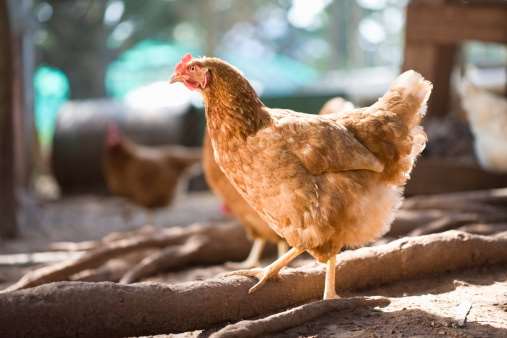Residents asked not to bring their poultry outside until end of February
By Diego Flammini
Assistant Editor, North American Content
Farms.com
After new outbreaks of highly pathogenic avian influenza (HPAI), officials throughout the United Kingdom are taking additional measures to keep the disease from spreading.
Outbreaks in England, Wales and Scotland prompted the chief veterinary officer to tell chicken, turkey and duck producers to keep their birds inside until Feb. 28. A ban on poultry shows also remains in place.
“The Prevention Zone means anyone who keeps poultry such as chickens, ducks and geese, even as pets, must take action to stop them coming into contact with wild birds to protect them from avian flu,” chief veterinary officer Nigel Gibbens said, according to Cornwall Live.

Gibbens said birds should be put into a suitable building or temporary enclosures. Water and food should also be kept inside to ensure infected wild birds don’t contaminate it.
In South America, Chile is also dealing with an outbreak of avian influenza.
Chile’s Agriculture and Livestock Service confirmed on Friday that a strain of bird flu was discovered at a turkey production plant in the Valparaiso region, according to a Reuters report.
Lab tests show the strain is of low pathogenicity and poses little threat to animal health.
Reuters report nearly 350,000 birds will be destroyed in Chile and quarantines have been put in place.